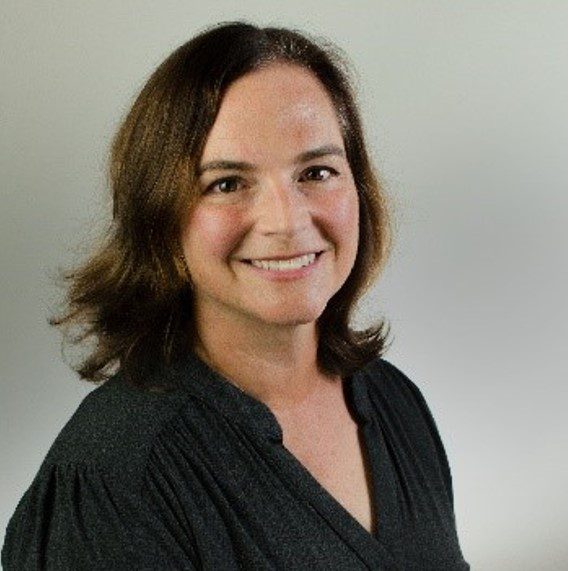Employee ownership as a tool for reducing the racial wealth gap

 Dr. Matthew Dr. MatthewMetzgar |
 Dr. Mark Dr. MarkDeHaven |
|
Donna |
|
Guenevere |

This project is part of the third cohort of Gambrell Faculty Fellows. Read about the fellows progam and other projects here.
When it comes to the gap in resources between White, Black and Latinx families, wealth is a bigger factor than income. On average, White households have 10 times the wealth of Black households and eight times the wealth of Latinx households — far more than differences in income or salary. Ownership of assets, including businesses, can enable families to pass down wealth, cushion them in times of economic hardship, and provide opportunities for future generations that aren’t possible based on monthly income alone.
That’s why a team of Gambrell Faculty Fellows is studying employee ownership in Mecklenburg County, and whether this ownership structure could be a tool to help close the racial wealth gap. Working with the North Carolina Employee Ownership Center, UNC Charlotte researchers will survey local business owners in Mecklenburg County using the county’s Minority, Women, and Small Business Enterprises database to see what they know about employee ownership, what their attitudes are, and what impediments they face if employee ownership is an option they’re interested in pursuing.
The researchers will also conduct in-depth interviews with leaders at existing employee-owned firms to gauge their perceptions, learn what obstacles they face and highlight success stories.
Dr. Mark DeHaven, Dean W. Colvard Distinguished Professor at the College of Health and Human Services, said employee-owned companies can be sustainable engines of wealth generation — if business owners embrace the idea.
“We’re trying to look at it in more of an innovative way,” he said. “How do we begin to close this wealth gap in a way that we can have sustained, improved wealth generation?”
DeHaven also directs UNC Charlotte’s Academy for Research on Community Health, Engagement, and Services (ARCHES) and the UCITY Family Zone. A major challenge, he said, is simply people’s awareness that employee-owned firms are an option, along with connections to resources to learn about and create them.
“It’s hard to believe in 2021, but awareness and connectivity are the two key factors,” said DeHaven. “Charlotte clearly has much to gain from an understanding of these types of alternatives.”
Dr. Matthew Metzgar is a clinical professor of economics at the Belk College of Business. He said the next decade will present a major opportunity, as Baby Boomer business owners retire and decide what to do with their firms.
“Employee ownership is small but growing,” he said. “The body of research is showing that when it’s put in place, it can really have an impact on the wealth in these areas.”
Employee owners, on average, earn more money, enjoy more job security and have greater assets than similar non-owner employees in the same fields, Metzgar said.
The team also includes UNC Charlotte research assistant Donna Schultz and Guenevere Abernathy, executive director of the NCEOC. The researchers hope to gain a baseline understanding of the state of employee ownership and highlight ways to help more people embrace it in Mecklenburg County.

